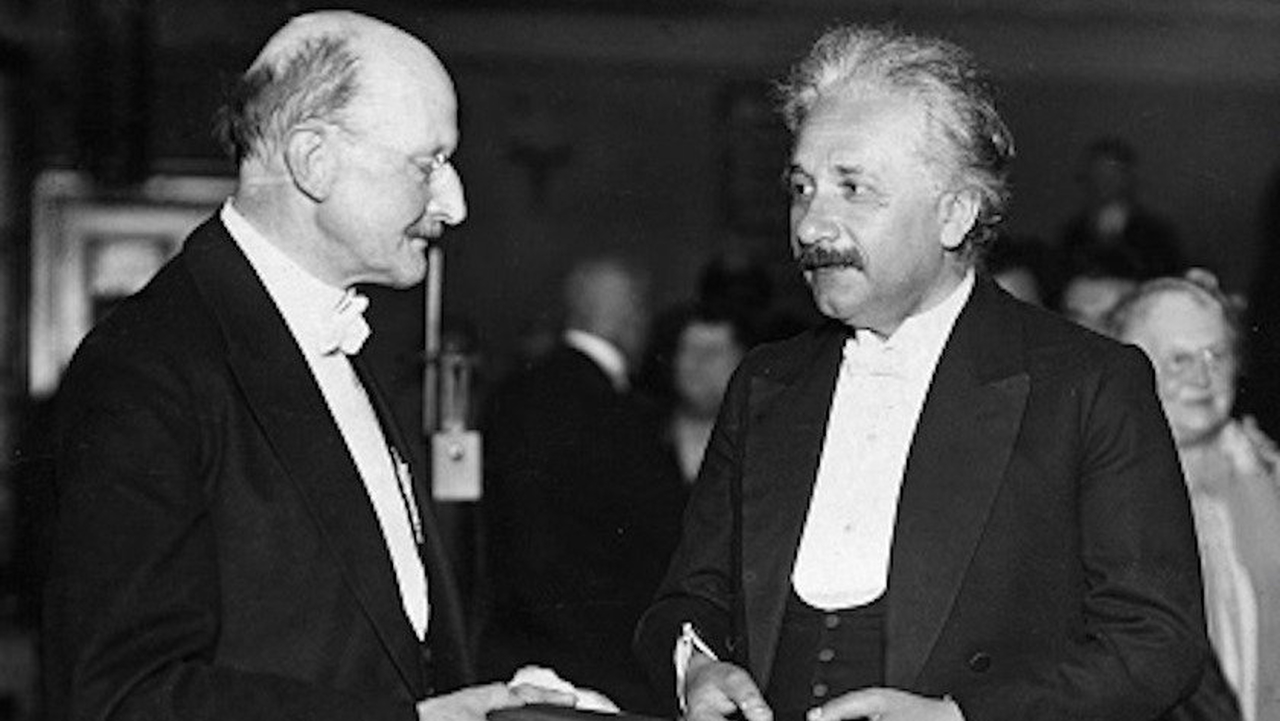Fear is a universal experience for virtually all of us. Perhaps there are a few exceptions to this rule, such as the Dalai Lama, but for the rest of us it’s part of life. The goal of living without any fear might be desirable, but somewhat naïve. What we should aim for is to reduce fear to its rightful place. Constant apprehension shouldn’t be a burden that we carry with us, day in and day out — moment in and moment out. So when I use the word fear-less I’m not proposing a life without fear, as that may be a stretch. But I am advocating living with less fear.
There are appropriate fears that are a warning signal that we are at risk and there’s something we need to pay attention to. If the road you’re driving on becomes icy, you want to be cautious. But you certainly don’t want to freeze up – as the road beneath you did. If you’re having chest pains it makes sense to seek assistance. If you’ve noticed you’ve gained weight and aren’t exercising, rather than fretting about your health, do something about it, check for online sites to learn how to get healthier. If you’re noticing that your child isn’t thriving and feel afraid that there’s something wrong, seek help.
You can choose not to let fear consume you.
There are some fears that go unspoken yet are common. One of three people will be eventually be diagnosed with cancer and some of them will even need home care. Do many people feel apprehensive about this? Of course they do. That makes sense, but to carry a sense of dread around with you gets in your way of living well. Fears run a very wide range from apprehension about losing your job to not having enough savings to retire. From not be loved to having your lover leave you. From thinking others don’t like you to worrying about what you say and how you’ll be judged.
Changing your relationship with fear
For those who experience such excessive fears, there is a way out. Rather than focusing on the fear, look at your relationship with the worry. Fear, self-doubt and insecurity are not uncommon. But when you take these concerns and elevate them to the bull’s eye of your attention, you’re in trouble. You need to change your relationship with the fear. What do I mean by this curious statement?
Some people have a very strong affinity for fear; they actually seek it out. Their thoughts become habituated to looking for and focusing on what distresses them. So their minds develop a fixation as they paradoxically search for what causes them disharmony. When our thoughts perpetually attach to fear, it’s like carrying a lightening rod in a thunderstorm. What we look for we find. Anxiety is the consequence of our thoughts’ addictive relationship with fear.
Fear doesn’t have a grip on you, but you have a grip on fear
The more you resist and try to ward off your fear, the larger it becomes. Think of it in the following way: What we resist we make more formidable. Imagine putting your arms out at full length in front of you as you try to hold back the fear. The irony is we actually embolden fear by trying to ward it off. Fear gets stronger when you resist it. Changing your relationship with fear means welcoming it in. Say to whatever is alarming you, “Come on in and let me have a look at you.” When we do this the fear tends to dissipate. Fear doesn’t have a grip on you, but you have a grip on fear. Loosen the grip. When you can see your relationship with the fear, you don’t have to become the fear.
In my next post I’ll be discussing how the need for certainty and our resistance to uncertainty contributes to our fears and anxiety.




